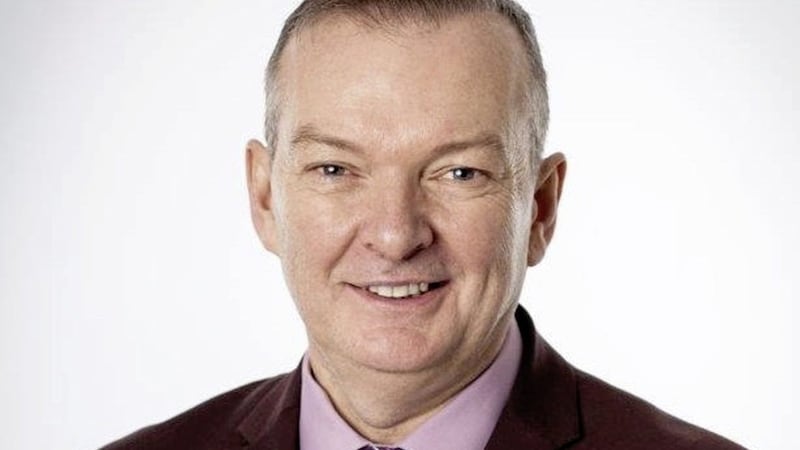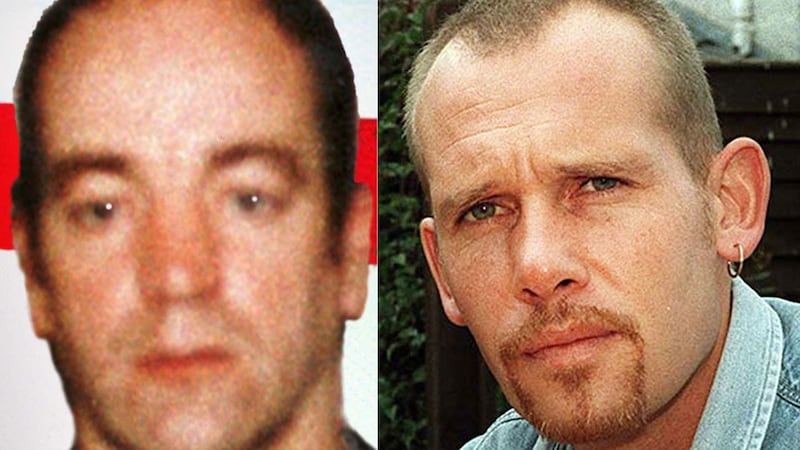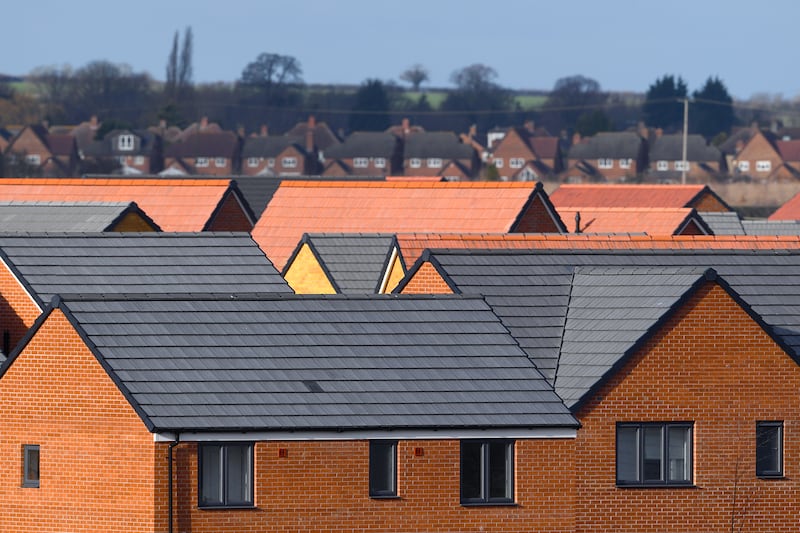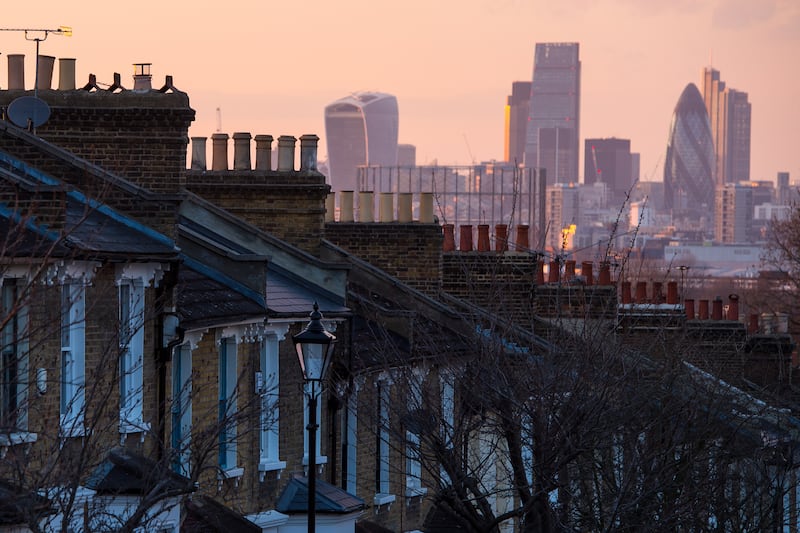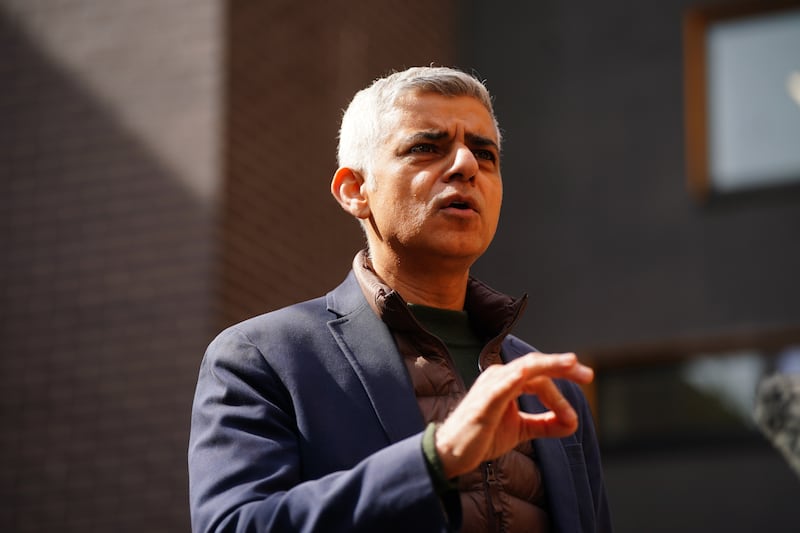As Christmas beckons, the challenges faced by NI’s homeless population are once again brought into focus. CEO of leading Irish social justice charity Extern, Charlie Mack, says tackling the problem starts by getting to grips with the root causes.
==
This is a period when much of the political focus in London, Dublin and Brussels is centred on Brexit. Here at home, however, a burning issue also continues to need urgent political attention… homelessness.
The most recent figures from the Northern Ireland Housing Executive (NIHE) show there were over 18,000 people who presented as homeless in Northern Ireland in 2017-18. This stark statistic includes 5,805 families, whose younger members in particular will live with the trauma of this experience for the rest of their lives.
The frustrating thing is that there is simply no just cause for so many people to be living in this way.
A rise in homelessness here can be halted.
That’s a bold statement to make, but I am confident in making it, because when I look to Finland I see a country where homelessness has actually decreased in recent years. It’s the only European country where this is happening, and that’s because there is a clear plan and commitment between central Finnish government, and its municipal authorities, to tackle homelessness in a joined-up way.
Building enough affordable housing to meet our needs will be a critical cornerstone of progress in this area. This needs to happen alongside a commitment from government to actively ensure empty buildings are fully reinstated, and that appropriate wraparound services enable individuals to develop the confidence, skills and supports to live independently.
This will only happen if government departments, statutory agencies and the voluntary sector work together, and the NIHE’s most recent ‘Ending Homelessness Together’ strategy recognises this. It is based on creating a joined-up approach, at all levels, between housing, health, justice and the voluntary and community sectors.
But there is another crucial element in tackling homelessness - preventing it from happening in the first place.
For many of us, seeing people sleeping rough is the starkest reminder of homelessness. But it is a complex societal issue, where poverty, social deprivation, addiction, and relationship and familial breakdown are all significant drivers. The vast majority of people who are homeless are not sleeping on our streets, they are hidden - sofa surfing and living in overcrowded, unsuitable accommodation.
Sadly, in Extern we also know that had many of the people currently sleeping rough had access to appropriate early intervention supports earlier, then they may never have had to feel that the streets are their only option.
In 2017/18, 50 per cent of more than 1,500 people referred to Extern for support in relation to homelessness presented with mental health issues as their primary need. That’s a disturbing fact.
Quite simply, homelessness should never be the end result for anyone, never mind those already faced with the challenges of living with mental health, addictions and other issues.
There are positive signs that homelessness is now on the agenda at departmental level, with the Department for Communities leading interdepartmental strategy groups around the issue. This work, however, would need to be endorsed by ministers in the Assembly…and we have no ministers.
Brexit has devoured the political spotlight, allowing the fact that our local politicians have failed to make government work here, to sidle into the shadows. We cannot allow this to continue.
We need to remind our elected representatives that housing is an international human right, but for too many people in Northern Ireland it is only a dream, and it will remain that way until we get our government back, at home, to do something about it.
The questions we now need to be asking in Northern Ireland today are not only about our future after Brexit.
They should also be about the most vulnerable people in our society… because when things go wrong, what is their backstop?
For further information on Extern, visit www.extern.org
